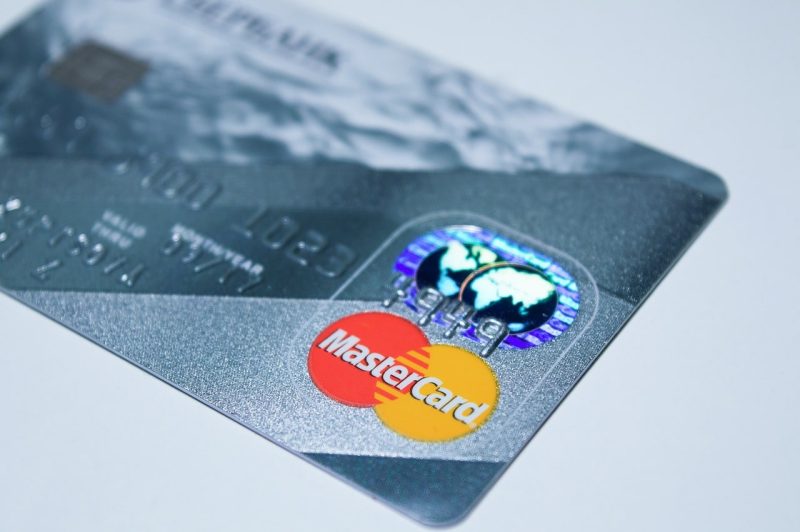
Mastercard Launches “Crypto Credential” To Replace Wallet Addresses With Usernames
Mastercard’s new “Crypto Credential” service has now gone live, making peer-to-peer crypto transfers far more intuitive for average users.
The payment giant’s new service allows users of select crypto exchanges to send and receive digital assets using a Mastercard Crypto Credential Alias rather than blockchain addresses, which are long and confusing strings of random numbers and letters.
Mastercards’s Crypto Credential Service
“This solution not only replaces complex wallet addresses with user-friendly aliases, but also makes sending blockchain transactions secure, transparent and accessible,” wrote Mastercard to Twitter on Wednesday.
Mastercard Crypto Credential has gone live with its first peer-to-peer transactions! This solution not only replaces complex wallet addresses with user-friendly aliases, but also makes sending #blockchain transactions secure, transparent and accessible.
Learn more:… pic.twitter.com/WgY6aTaQHP
— Mastercard News (@MastercardNews) May 29, 2024
The service first verifies its users through Mastercard’s standards, after which they receive an alias from the company. Then, the next time users send crypto, the program verifies that their alias is valid and that the recipient’s network address supports the associated token and blockchain of the transaction.
Transactions will simply not proceed if the recipient’s address doesn’t support the sender’s asset or network, preventing funds from being lost due to related user mistakes. Aliases can also protect against address poisoning scams, where attackers trick wallet users into sending coins to an address that appears highly similar to one of their own.
The service is currently available at the Bit2Me, Lirium, and Mercado Bitcoin exchanges. It will soon be available in countries including Brazil, Chile, France, Guatemala, Mexico, Panama, Paraguay, Peru, Portugal, Spain, Switzerland, and Uruguay.
In a comment to Decrypt, a company spokesperson said more European countries would be added in the future.
Mastercard’s Widespread Crypto Foray
“The P2P transaction is the first of many possible use cases that Mastercard Crypto Credential aims to support,” the firm said. “Others may extend to NFTs, ticketing, and other payments solutions depending on market and compliance requirements.”
The Crypto Credential service also includes wallet support from Foxbit and Lulubit, the latter of which benefits from its integration with the Lirium exchange.
“With Mastercard Crypto Credential, we can ensure the traceability of all blockchain transactions with a higher level of compliance, while also providing an exceptional user experience,” said Martin Kopacz, chief operating officer of Lirium.
Earlier this month, Mastercard joined a consortium of major banks to test distributed ledger technology for settling digital asset transfers between the firms. Assets on the test network include commercial bank money, US treasuries, central bank money, and investment-grade debt, which are normally traded using separate systems.
The post Mastercard Launches “Crypto Credential” To Replace Wallet Addresses With Usernames appeared first on Cryptonews.

